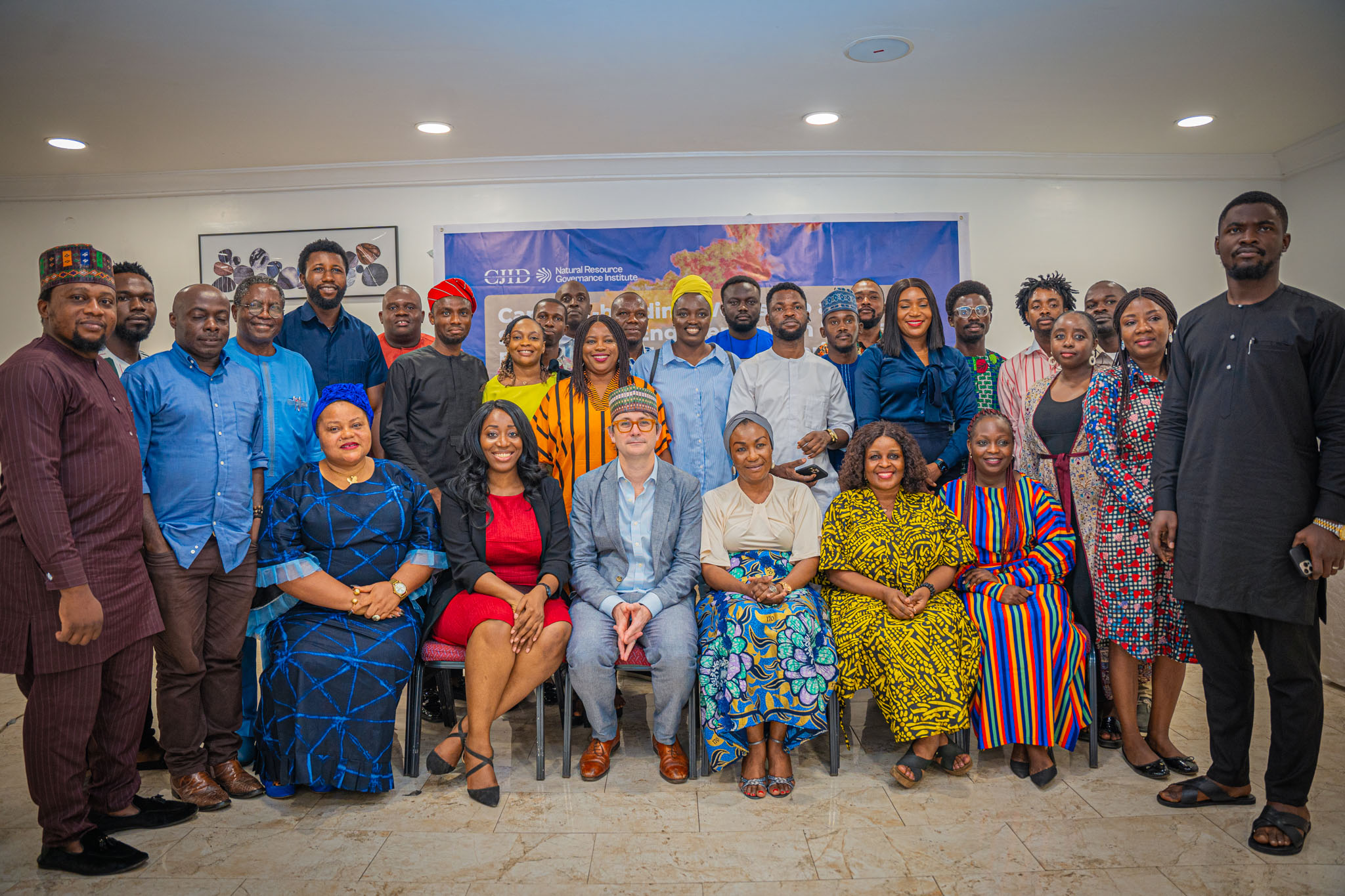Civil Society Organizations, the media, and other stakeholders have been enjoined to work together towards reducing methane emissions in the extractive industry and building a sustainable renewable sector for the country’s energy industry.
This charge was made in a recent workshop on methane emissions reduction, organized by the Center for Journalism Innovation and Development (CJID) in collaboration with the Natural Resource Governance Institute (NRGI).
The workshop, which was held in the capital city of Abuja, was focused on empowering CSOs and relevant media stakeholders with more understanding about Nigeria’s efforts at minimizing methane emissions.
Organizers said the training sessions and participants are unique stakeholders in strengthening awareness and driving meaningful public debate on the need to implement methane emissions reduction strategies in Nigeria’s oil and gas sector.
The 3-day workshop involved several sessions that addressed issues such as the climate change debate, Nigeria’s energy-transition efforts, and the role of CSOs in leading the path towards a sustainable future, drawing parallels between global commitments and Nigeria’s Nationally Determined Contribution (NDC).
The highlight of the event was the book launch of “Guidebook on Nigeria’s Energy Transition,’ by Dr Orji Orji, the executive secretary of Nigeria Extractive Industries Transparency Initiative.
Unveiling the book, Dr. Orji extolled the timing of the workshop, in a time when the country was grappling with plenty of energy challenges, ranging from poor financing to inadequate energy infrastructure.
Echoing this sentiment was Nafi Chinery, the Africa Director of the Natural Resource Governance Institute, who emphasized the need for green energy in order to offset the ravaging impacts of climate change.
In his closing speech, Dapo Olorunyomi, the founder of CJID, expressed delight at the success of the workshop and collaboration with NRGI while expressing hope for more future collaborations.
Among the stakeholders present at the workshop were the National Council of Climate Change, Africa Climate Foundation, and the Federal Ministry of Petroleum Resources.
Civil Society Organizations, the media, and other stakeholders are urged to collaborate in reducing methane emissions in the extractive industry and advancing a renewable energy sector in Nigeria. This call was made during a recent workshop on methane emissions reduction organized by the Center for Journalism Innovation and Development (CJID) and the Natural Resource Governance Institute (NRGI) in Abuja.
The workshop aimed to empower CSOs and media stakeholders with a deeper understanding of Nigeria’s efforts to minimize methane emissions. The event included various sessions discussing climate change, Nigeria’s energy transition, and the role of CSOs, drawing comparisons between global and national commitments.
A key highlight was the launch of “Guidebook on Nigeria’s Energy Transition” by Dr. Orji Orji, who emphasized the relevance of the workshop amidst Nigeria's energy challenges. Nafi Chinery, the Africa Director of NRGI, also stressed the importance of green energy. Dapo Olorunyomi, founder of CJID, expressed hope for ongoing collaborations. Stakeholders including the National Council of Climate Change, Africa Climate Foundation, and the Federal Ministry of Petroleum Resources participated in the workshop.






